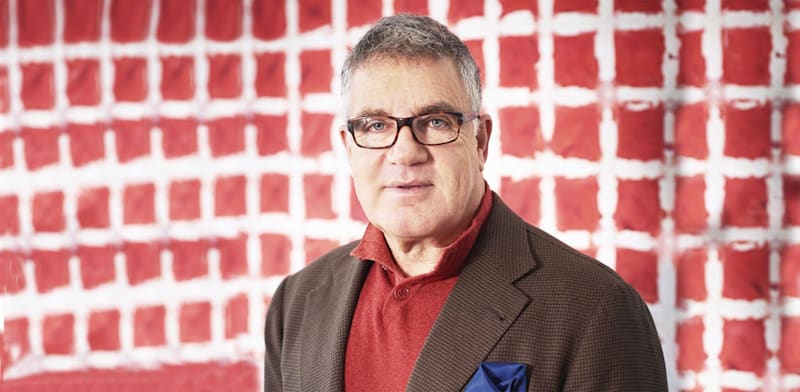ARTICLE AD BOX
Teva reported that the trial for Dukaviyug, which it is developing with Sanofi, met its endpoints in ulcerative colitis and Crohn's disease.
Teva Pharmaceutical Industries Ltd. (NYSE: TEVA; TASE: TEVA share price opened 20% higher on Wall Street after the Israeli company reported positive results of a Phase 2b clinical trial for Dukavitug, which it is developing together with Sanofi, for the treatment of ulcerative colitis (UC) and Crohn's disease (CD).
Teva reported that the trial met its primary endpoints in ulcerative colitis and Crohn's disease, the most common forms of inflammatory bowel disease. According to the company's announcement the primary endpoint results in ulcerative colitis and Crohn's disease for high dose represent the highest achieved with any TL1A monoclonal antibody.
Consequently Teva and Sanofi plan to initiate Phase 3 development for treating inflammatory bowel diseases (IBD), which are characterized by chronic inflammation in the digestive system with an estimated 10 million people worldwide suffering with the condition.
Teva head of global R&D and chief medical officer Eric Hughes said, "The results from the RELIEVE UCCD study have exceeded our expectations, and I am deeply moved by the potential for duvakitug to help treat and meaningfully improve the quality of life of people living with IBD. These positive results reinforce Teva's ability to develop and accelerate access to innovative medicines. We are excited to collaborate on the next phase of development with our partner, Sanofi, and we would like to thank the investigators and patients who participated in this study."
Sanofi EVP and head of R&D Houman Ashrafian added, "These unprecedented results show that duvakitug could represent the next frontier in treating ulcerative colitis and Crohn’s disease. If the magnitude of effect persists in the Phase 3 program, we believe we will have a differentiated medicine for IBD patients who are in urgent need of new options. The duvakitug program and this partnership underscore Sanofi’s strategy of following the science to identify and rapidly advance breakthrough medicines for patients."
Teva share price up 58% since start of year
In the study, 36.2% (low-dose) and 47.8% (high-dose) of patients with UC treated with duvakitug achieved clinical remission compared to 20.45% on placebo, placebo-adjusted rates were 15.7% (low dose) and 27.4% (high dose). In patients with CD, 26.1% (low-dose) and 47.8% (high-dose) treated with duvakitug achieved endoscopic response compared to 13% on placebo, placebo-adjusted rates were 13.0% (low dose) and 34.8% (high dose), at week 14. Overall, the treatment effect was consistent across subgroups. This is the first and only randomized, placebo-controlled study to evaluate the impact of an anti-TL1A monoclonal antibody in CD. Detailed results are expected to be presented at a scientific forum in 2025.
RELATED ARTICLES
TL1A was developed by Teva, which last year signed an agreement with Sanofi to jointly develop the drug and received an initial payment of $500 million. Subject to meeting certain milestones for developing and launching the product, Teva will receive additional sums. The companies will equally divide the development costs and profits from the drug, when it reaches the market.
Teva's share price has risen 58% since the start of the year but had been falling somewhat lately before publication of the trial results earlier today.
Published by Globes, Israel business news - en.globes.co.il - on December 17, 2024.
© Copyright of Globes Publisher Itonut (1983) Ltd., 2024.

 1 week ago
36
1 week ago
36








 English (US) ·
English (US) ·